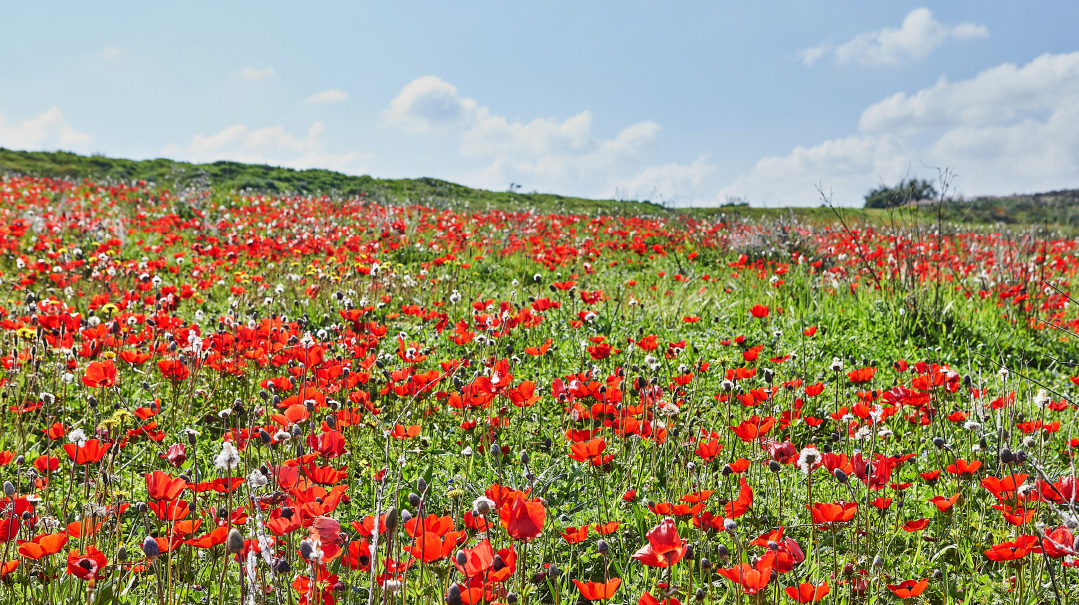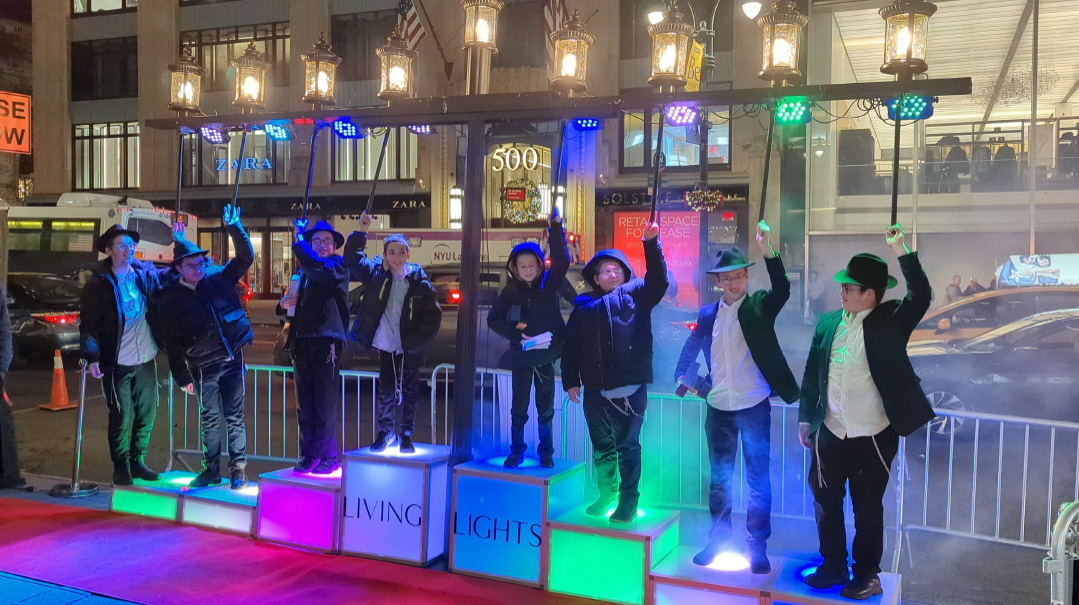Mallorcan Memories


EXTRAVAGANT BEAUTY When my plane flew into Mallorca the previous afternoon I couldn’t help but gasp at the lush almost extravagant beauty of this small island: miles of pristine beaches hills that become mountains dotted with waterfalls a climate that is mild in the winter and warm in the summer
"C onstitution Day today” the taxi driver announces as we meander through the narrow streets of Palma town center and see closed stores and a dearth of people. “No Franco. Franco gone” he explains referring to the military dictator who ruled Spain from 1939 until his death in 1975. “Everyone wake up. Late. They’ll all have party.”
When we turn into the main street of Mallorca’s capital a carnival atmosphere already reigns. One man has spray-painted himself silver. He stands on a pedestal a human statue and I have to look twice to see that he is not iron but flesh and blood — even his eyes don’t move. A woman is dressed in traditional flounced Spanish dress. A jazz band sets feet tapping; the musicians grin as coppers are tossed into a battered hat. Men jump half to their feet as they offer to paint the portraits of passersby. An old man with teeth missing shows off the little models he has fashioned out of knotted reeds.
The exuberance on the island carries undertones of relief. While the reigns of Hitler and Mussolini ended with the Allied victory in World War II Franco’s military dictatorship extended its grasp for nearly four decades. Many Spaniards can remember him. And says our taxi driver “There are still people in the mainland who think he was a good man.”
Despite the jubilant atmosphere elsewhere as we approach the narrow streets of the medieval Jewish quarter we are confronted with a sobering reminder of history’s spirals of hatred intolerance and ultimate destruction. Although today there is an expatriate community of around 1 000 Jews from Israel Latin America and other parts of Europe living in Palma the history of the Jews who formed a thriving hub of Jewish life in Mallorca’s capital city during medieval times is tragic — and complicated.
Camelot of the Mediterranean
“When did the Jews first settle in Mallorca?” I ask Jose our guide for a tour of the Jewish quarter. We are looking out onto the harbor where above the blue waves the sky is a forest of masts. Thousands of boats are docked there from battered fishing boats to huge yachts that provide ocean tours to the tourists who flock to this Mediterranean island each summer.
Mallorca is part of the Balearic Islands an archipelago off eastern Spain that also includes Menorca Ibiza and Formentera as well as many smaller islands. Throughout history the Balearic Islands were a strategic landing place on the ancient trade routes between Western Europe Asia and North Africa. They were captured and recaptured over the centuries most notably by the Byzantines in 534 the Moors in the tenth century and then James I of Aragon in 1229.

Why is the Jewish quarter named “Call”? One theory posits that “Call” is a medieval Catalan word meaning a narrow passageway or alley. Others say it’s derived from the Hebrew word “Kehal” community
After King James I conquered the island he needed people to settle it and build up the economy. There was already a small Jewish community living there and James soon tempted more Jews to come in the hopes that their skill at commerce and international connections would bring prosperity. In return he promised them protection a degree of autonomy and reduced taxes. What followed has been dubbed the “Camelot of Jewish existence” — until the devastation of 1391.
In that year anti-Jewish riots swept through the Iberian Peninsula destroying almost every Jewish community and slaughtering thousands. When the riots reached Mallorca the peasants stormed the Jewish quarter killing 300 and wreaking devastation. For another 40 years with the help of Portuguese immigrants the community limped along. But in 1435 another crisis erupted: On Good Friday the rabbi was accused of ridiculing the crucifixion by crucifying a Saracen (Muslim) slave. Enraged by the rumors the Christians demanded justice. All those accused were sentenced to death. The remaining community either fled or converted.
But that’s almost the end of the story. I want to know when the Jews first arrived although I soon find out the end is very similar to the beginning.
“The first evidence we have of the Jews’ presence is mention of an attack on the shul in Menorca which took place in the fifth century ” says Jose. “But I think the Jews probably arrived at the end of the first century.”
“With the capture of Jerusalem and the destruction of the Second Temple?”
“Exactly.” (excerpted)
Oops! We could not locate your form.







